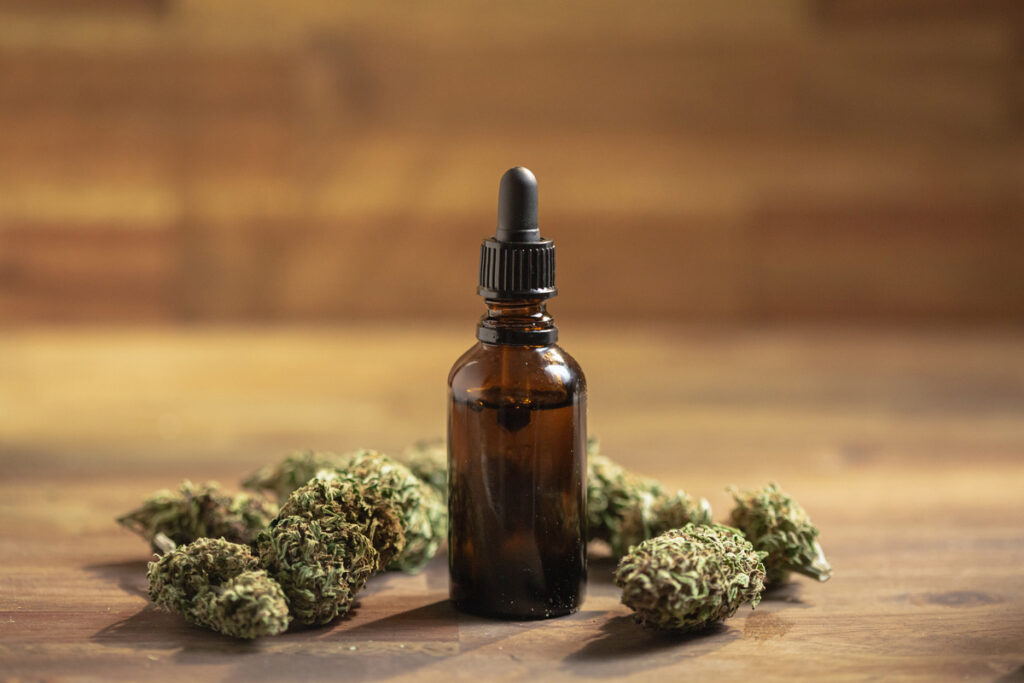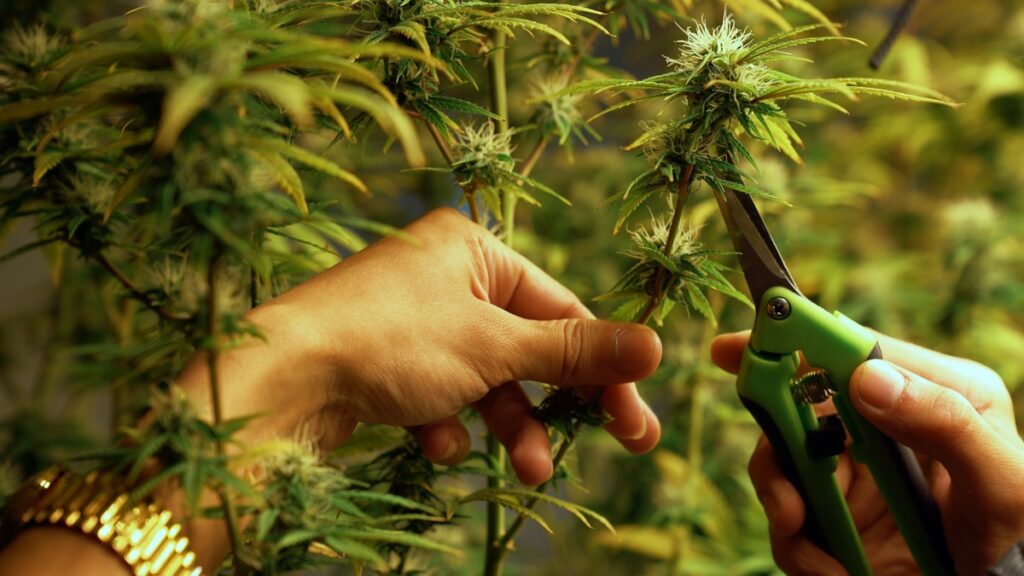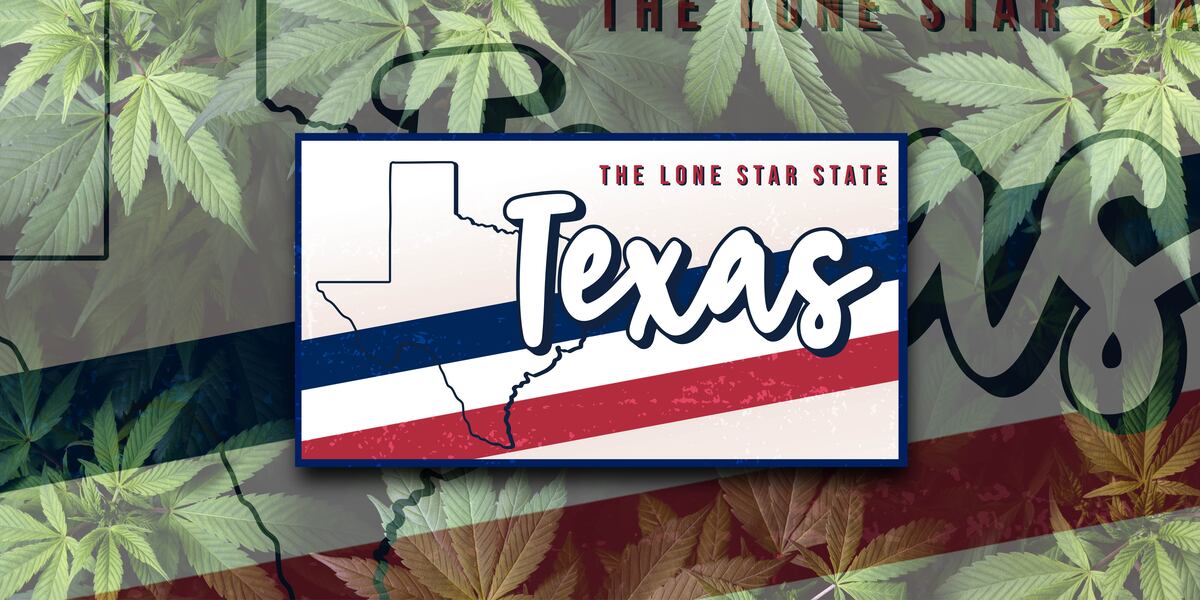Texas cannabis packaging laws can feel confusing because they shift often.
While recreational marijuana is still illegal, hemp-derived products such as CBD and Delta-8 THC are sold widely across the state. Lawmakers continue to adjust rules on how these products must be packaged, labeled, and sold.
For businesses, compliance is more than following today’s rules; it also means preparing for changes that may come soon.
The Legal Framework: Hemp vs. Marijuana in Texas
Texas law draws a clear line between hemp, medical cannabis, and marijuana:
- Hemp-Derived Products – Cannabis with no more than 0.3% delta-9 THC by dry weight is classified as hemp. This includes CBD oils, Delta-8 edibles, and infused beverages. These products are legal under both state and federal law.
- Medical Cannabis – Patients with qualifying conditions can access low-THC cannabis oil through the Compassionate Use Program (CUP). This oil contains less than 1% THC and must be prescribed by a licensed physician.
- Recreational Marijuana – Still illegal in Texas. Even small amounts can lead to criminal charges.
Since hemp products make up most of the market, packaging and labeling laws focus heavily on this category.
Texas Packaging and Labeling Requirements for Hemp Products
Under Texas Health & Safety Code § 443.205, each consumable hemp product unit must include:
- Batch or lot identification number and date.
- Product name.
- Manufacturer’s name.
- A URL, QR code, or barcode linking to the product’s Certificate of Analysis (CoA).
- A certification that the delta-9 THC level is 0.3% or less by dry weight.
The label must appear on each unit intended for individual retail sale, whether on inner or outer packaging. State rules allow the label to be a URL or a scannable code leading to required information.
Additionally, federal food, drug, and cosmetic labeling rules may apply. For example, if the product is edible, it might need to list ingredients, allergens, net contents, and manufacturer details.
Texas law also bans the manufacture of consumable hemp products intended for smoking (such as pre-rolled hemp cigarettes), though some retail sales remain permitted under court rulings.

Beyond the Statute: Industry Compliance Best Practices
The law sets the baseline, but many packaging standards come from industry best practices and ongoing regulatory proposals. These include:
- Child-Resistant and Tamper-Evident Packaging – Packages should be secure, opaque, and resealable to reduce accidental ingestion.
- Warning Labels and Disclosures – Labels often state that products are not for children, pregnant women, or people who plan to drive. FDA disclaimers are common on CBD products.
- Marketing Restrictions – Packaging should avoid candy-like designs, snack imagery, or cartoons that could appeal to minors.
Not all of these measures are mandatory under Texas law yet, but lawmakers are actively reviewing them.
Legislative Developments Reshaping the Rules
Texas cannabis packaging laws continue to shift as lawmakers debate how to regulate hemp and cannabis products. Several recent bills stand out:
- Senate Bill 3 (SB3) – Proposed a statewide ban on intoxicating hemp-derived products. Governor Greg Abbott vetoed the bill in June 2025 but expressed support for stricter rules, including child-resistant packaging, age limits, and warning labels.
- Senate Bill 2024 – Effective September 1, 2025, this law bans the sale and marketing of cannabinoid vape products such as CBD, Delta-8, and THC vapes. Possession remains legal, but retailers face penalties for selling.
- SB5 / HB5 (Proposed) – Aim to tighten hemp regulation further by setting THC content limits, restricting packaging that appeals to minors, and requiring warnings similar to alcohol and tobacco.
What This Means for Businesses
For manufacturers, distributors, and retailers, compliance requires a proactive approach. Key actions include:
- Labeling Accuracy – Display batch ID, CoA access, and THC concentration on every retail package.
- Packaging Safety – Use child-resistant, tamper-evident designs, even if not yet required by law.
- Responsible Marketing – Avoid bright, candy-like branding or imagery that could attract minors.
- Regulation Tracking – Watch upcoming bills such as SB5/HB5 and adjust packaging strategies early.
By staying ahead of regulation, businesses reduce legal risk and build consumer trust in a fast-growing market.

Final Word
Texas cannabis packaging laws continue to change quickly. Current rules focus on hemp-derived products, but future regulations may bring stricter standards on child safety, age limits, and health warnings.
Do you need cannabis packaging that stays up-to-date on compliance? Custom 420 Supply is here to help! We invite you to reach out through our contact page for more information.
Frequently Asked Questions (FAQs)
No. Packages for hemp-derived products and low-THC cannabis under the Compassionate Use Program do not require physician or patient details. Prescriptions are tracked electronically through the state’s registry system, not on the packaging itself. Packaging laws focus on batch ID, Certificates of Analysis (CoAs), and THC concentration.
Although SB3 was vetoed in June 2025, Governor Abbott suggested revising it to impose stricter packaging standards instead of an outright ban. Future legislation inspired by SB3 could require child-resistant packaging, stronger warning labels, age restrictions, and clearer THC disclosures. Businesses should prepare for these changes even though they are not yet law.
Penalties vary depending on the violation. Selling hemp products without proper labeling (e.g., missing CoA link or incorrect THC disclosure) can result in product seizures, fines, or license suspension for manufacturers and retailers. Under new laws such as SB2024, selling prohibited products like cannabinoid vapes could be prosecuted as a Class A misdemeanor, carrying fines and potential jail time.

